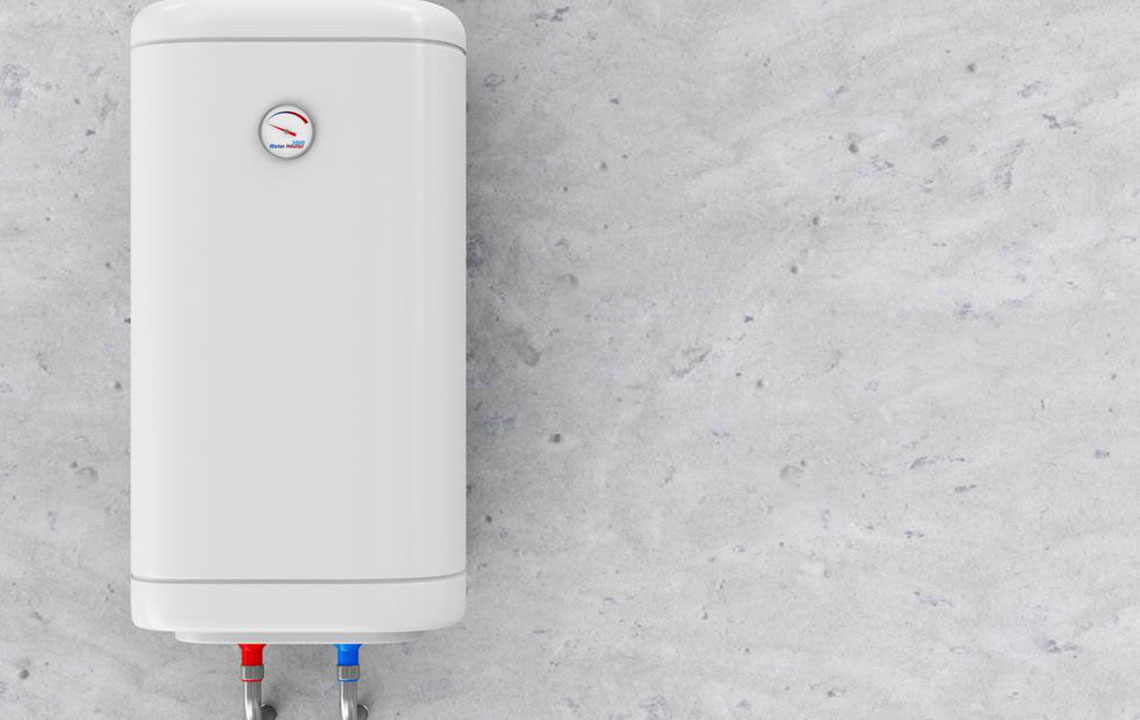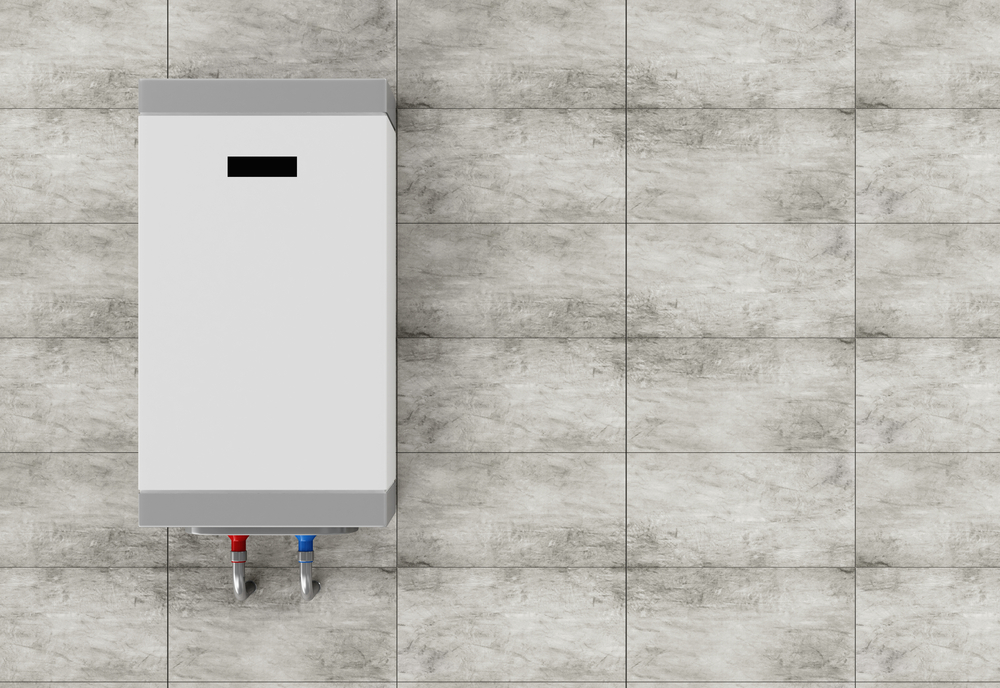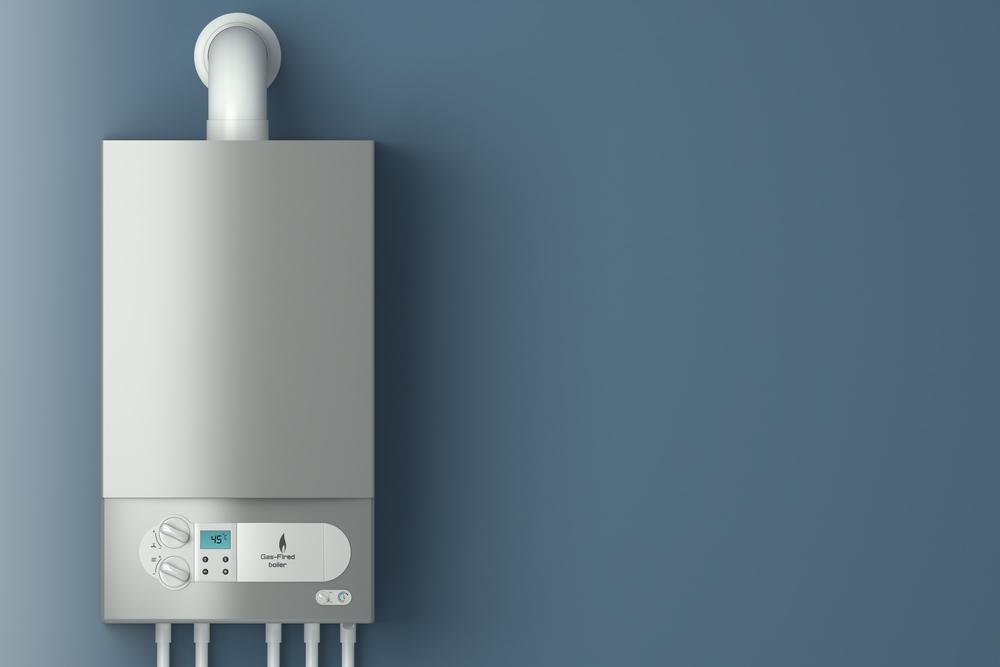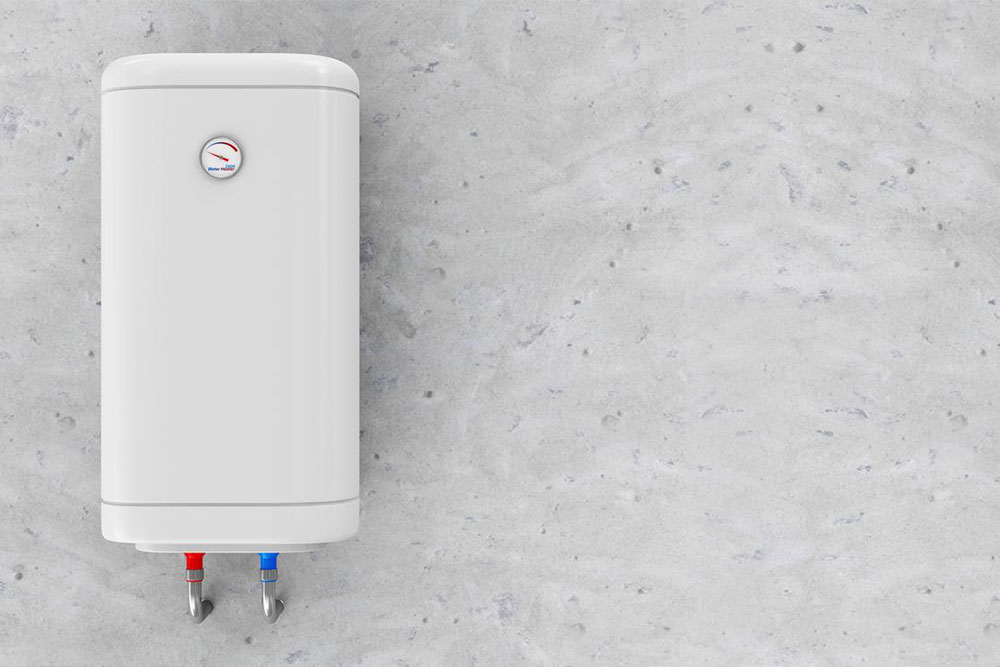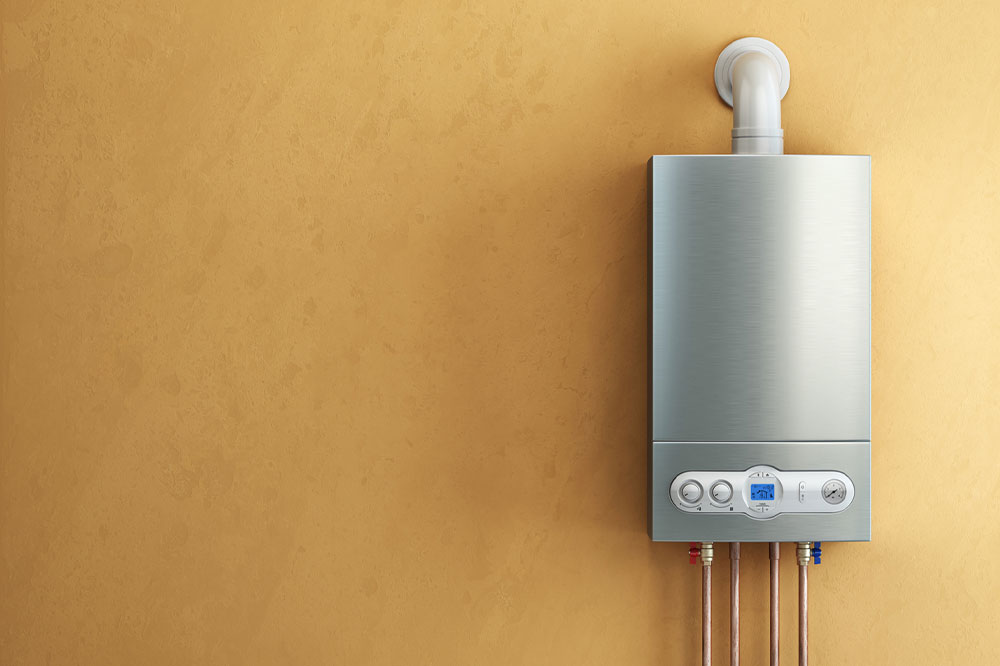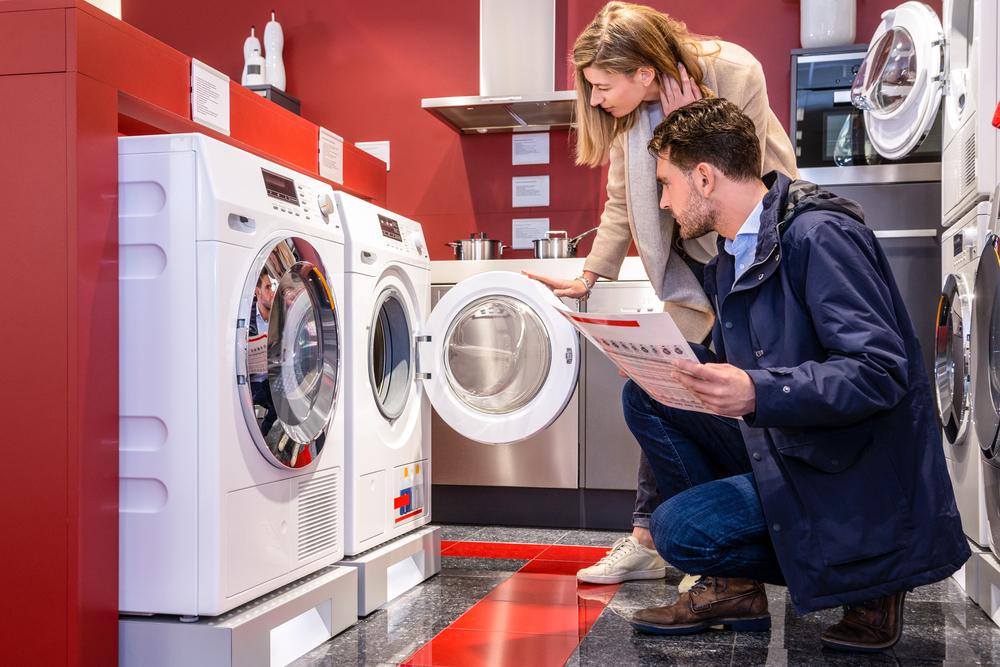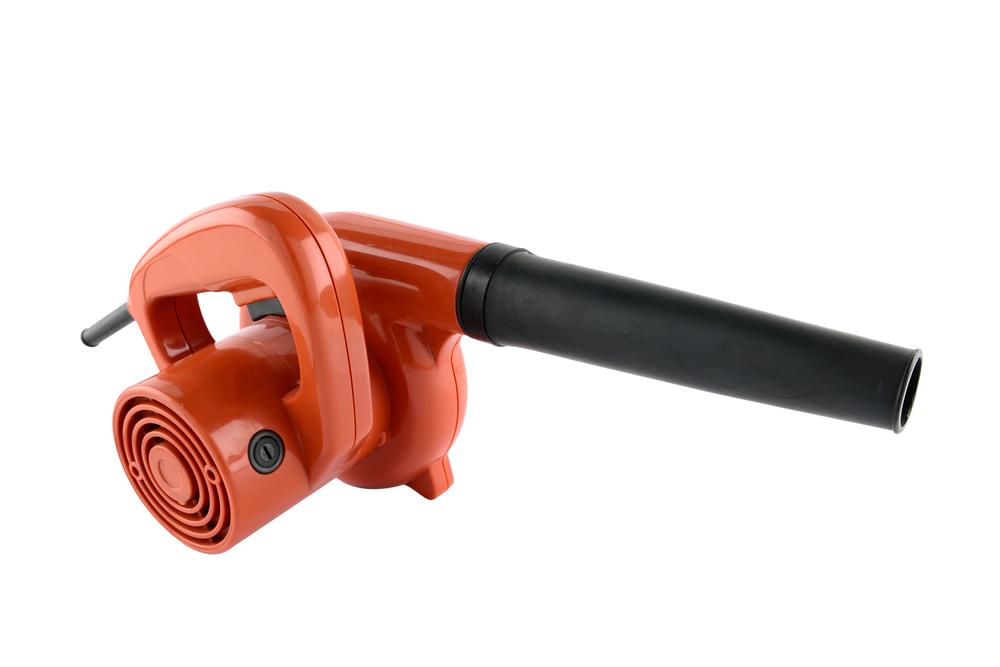Types of Residential Water Heating Solutions
Discover various residential hot water heater options including storage, tankless, solar, condensing, and hybrid models. Learn their features, efficiency benefits, and installation considerations to make informed decisions for your home’s hot water needs.
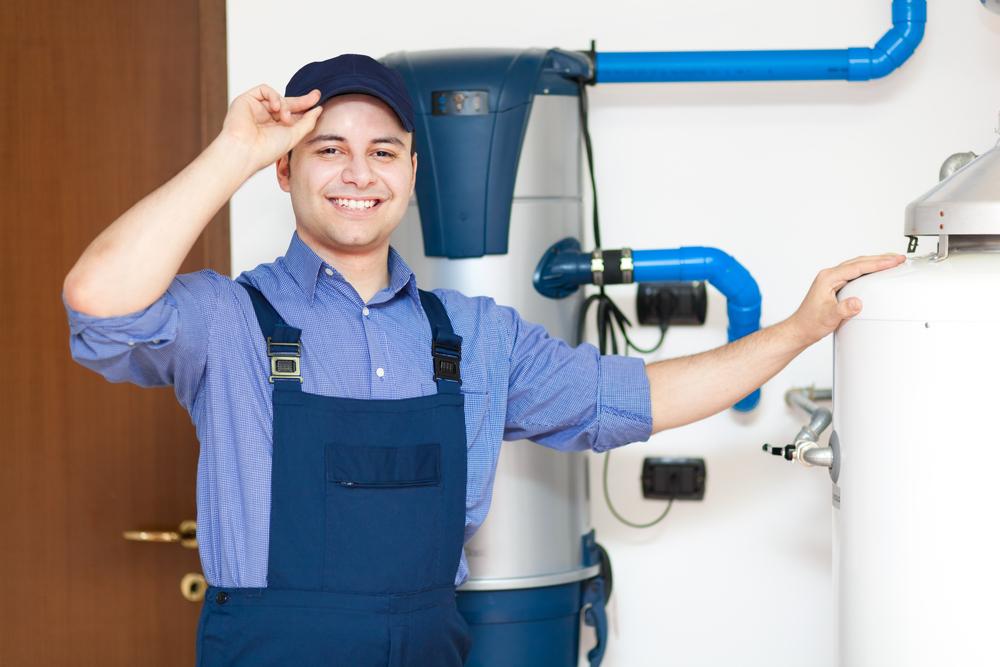
Popular Types of Water Heaters for Home Use
Selecting the right hot water system depends on your household's water consumption and energy preferences. Options vary based on whether you prefer electricity, gas, or solar power, and each type offers distinct benefits. Some models provide significant energy savings compared to traditional units. It's essential to choose a system aligned with your needs and budget. Below are common types of residential water heaters to consider.
Tank Storage Water Heaters: These units feature an insulated tank that stores hot water for later use.
Stored in an insulated tank, these are the most prevalent in homes. Water in the tank is heated and distributed via pipes. A pressure relief valve manages excess pressure, ensuring safety. Generally powered by natural gas, they are energy-efficient but tend to have higher initial costs.
Tankless or Instantaneous Water Heaters: Instead of storing water, these units heat water on demand via heating coils, delivering hot water only when needed.
Ideal for specific tasks such as showers or dishwashing, tankless heaters consume less energy than storage models. They are more efficient but provide limited water flow, typically up to 3.5 gallons per minute. Installation may require upgrades, with options available in electric or gas models.
Solar Water Heating Systems: Mounted atop rooftops, these systems harness sunlight to heat water via a closed-loop system that transfers heat to the water tank. They perform best on sunny days but require backup systems for cloudy days to ensure continuous supply.
Condensing Water Heaters: Suitable for large hot water demands exceeding 55 gallons, these units are energy-intensive, capturing heat from combustion gases to maximize efficiency and reduce waste.
Hybrid Water Heaters: Combining advanced technology, these units significantly reduce energy consumption—up to 60% less than traditional electric heaters. They extract heat from the surrounding air and transfer it to the water. Best suited for regions with moderate temperatures, hybrids often require professional installation due to their size and placement needs. Despite higher costs, they offer long-term savings and environmental benefits.
Choosing the appropriate water heater involves evaluating each type's advantages and limitations. Energy-efficient models are recommended to reduce costs and environmental impact. Always consult professionals for installation and maintenance to ensure optimal performance and longevity.

